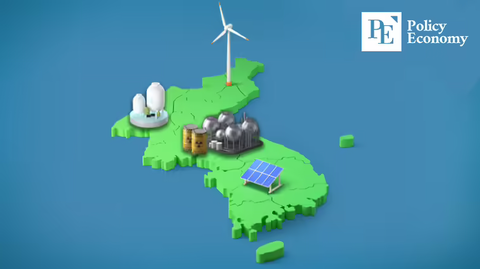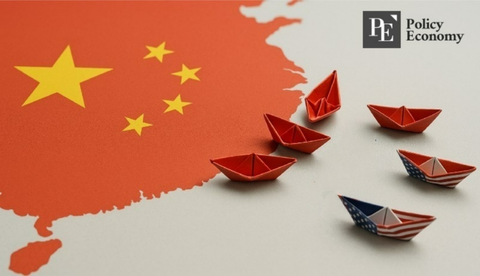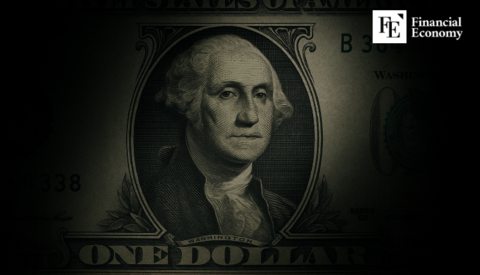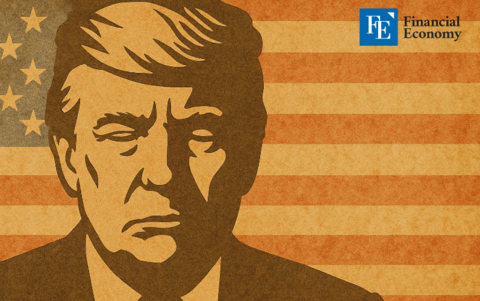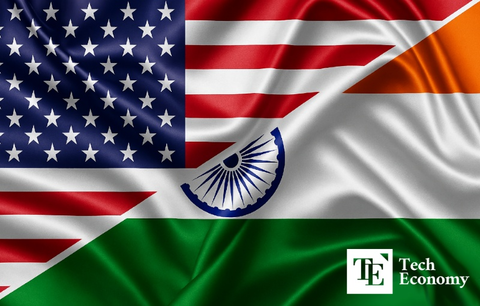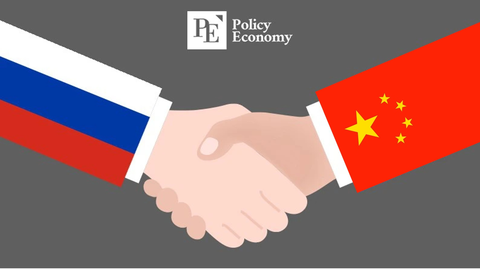Covid Vaccine Faces Ban for All Americans in Radical U-Turn by Trump Team
Input
Changed
The MRNA Vaccines and Their Controversial Adoption RFK Jr.’s Influence on Vaccine Policy Navigating the Vaccine Debate: Its Consequences and What's At Stake?
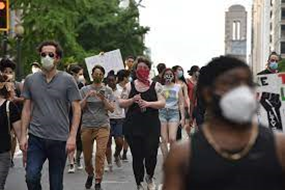
In a stunning development that has taken many by surprise, reports indicate that the Trump administration may be considering a ban on COVID-19 vaccines for all Americans, particularly those using the mRNA technology that has been central to vaccines like Pfizer and Moderna. What initially appeared to be a bizarre, radical proposal is now gaining attention from both supporters and critics. As we delve into the intricacies of this decision, it’s clear that public health debates, political considerations, and scientific realities are colliding at full force.
The MRNA Vaccines and Their Controversial Adoption
The rise of the COVID-19 pandemic prompted a global race for a vaccine, and it didn’t take long for the scientific community to identify mRNA technology as a viable method to combat the virus. The Pfizer-BioNTech and Moderna vaccines, both based on mRNA technology, were heralded as a breakthrough in vaccine development. But as with most groundbreaking advancements, the rollout and rapid adoption sparked some skepticism.
Despite the promising data showing mRNA vaccines were effective in preventing COVID-19 infections, some segments of the population have always viewed the quick adoption of these vaccines with caution. There was uncertainty about long-term effects, a rush to push mass vaccinations, and concerns about how well these vaccines would hold up against new variants. These concerns had been simmering for a while, and the involvement of political figures like Robert F. Kennedy Jr. seemed to give them a much louder voice.
Even before the nomination of RFK Jr. for a key role in the Biden administration’s vaccine advisory body, there had been whispers and discussions about a potential radical shift in the way vaccines were perceived. Public health advocates had warned about the backlash that could arise from calls to halt the vaccine rollout, but at the same time, voices supporting that shift began to gain traction.

RFK Jr.’s Influence on Vaccine Policy
Robert F. Kennedy Jr., a prominent anti-vaccine activist, has long been critical of vaccination policies, claiming that the government and pharmaceutical companies were too quick to push experimental treatments without fully understanding the long-term consequences. He’s made waves as a public figure in this arena, challenging not just the safety of vaccines but also the policies surrounding them. When it was announced that he would be joining Biden’s vaccine advisory body, it raised eyebrows for many. His anti-vaccine stance is well-known, and his involvement in such a role immediately sparked debates over public health policies.
The rhetoric around RFK Jr.'s influence on vaccine decisions has added fuel to a fire that was already smoldering. There’s a clear divide in the U.S. when it comes to vaccines, especially in the wake of COVID-19. Some Americans believe that the rapid development and distribution of the vaccine was a triumph of science, while others question whether the vaccine was rushed and if its long-term safety has been thoroughly established. RFK Jr.’s vocal opposition to the mRNA vaccines has amplified these concerns, and many are now wondering how far his views will reach.
This scenario isn’t entirely new. Before his nomination, there were already murmurs of a shift in policy toward greater vaccine skepticism, particularly among more conservative factions of American society. These voices are looking for someone to speak for them, and the Trump administration, with its history of being at odds with mainstream scientific opinions, may have found a figure who fits the bill in RFK Jr.
One of the most significant developments in the COVID-19 vaccine saga occurred when AstraZeneca, a vaccine developer that had been under scrutiny for its use in several countries, decided to withdraw its vaccine. This was a dramatic move that seemed to validate many of the concerns raised by vaccine skeptics. While some experts argue that this decision was based on logistic challenges and not safety concerns, the fact that AstraZeneca chose to withdraw the vaccine only further fueled the growing anti-vaccine sentiment.
The AstraZeneca vaccine had been one of the primary alternatives to mRNA-based vaccines, but it was plagued by reports of rare blood clotting events. Although these events were extremely rare, the media attention given to them led to widespread skepticism about vaccine safety, particularly in Europe. AstraZeneca's withdrawal could be seen as a signal that even the most trusted pharmaceutical companies may have been too eager in pushing a vaccine into mass production before fully addressing all potential risks.
The implications of this withdrawal for the Trump administration’s vaccine policy could be profound. With AstraZeneca backing away, there’s now a question about whether the U.S. government will continue to place its trust in other vaccine developers or shift entirely toward other, more trusted options. If anything, AstraZeneca’s exit from the field may be seen as an indication that the rapid rollout of vaccines was rushed, and the consequences of that rush are now coming into view.
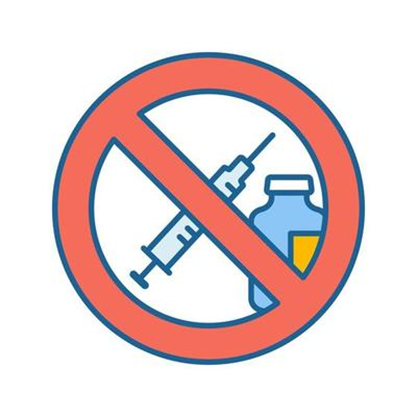
Navigating the Vaccine Debate: Its Consequences and What's At Stake?
If Trump’s team indeed pursues a ban on the COVID-19 vaccine, particularly the mRNA-based vaccines, there would be far-reaching consequences. Some may argue that such a move would be politically motivated, a response to the significant loss of support for the pandemic measures and the handling of vaccine mandates. However, from a public health perspective, this could potentially open the door for a resurgence of the virus, putting even more lives at risk.
The risks of such a decision are considerable, as the CDC and other public health organizations continue to emphasize that vaccines are essential in preventing the spread of COVID-19 and its variants. A ban on vaccines could lead to significant backlash from medical professionals, public health experts, and ordinary citizens who see vaccination as the only way to bring the pandemic under control.
If the vaccine were to be banned for all Americans, there would likely be significant public confusion. Many people who have already been vaccinated would feel betrayed, while others who have not yet received the vaccine would continue to live in fear of contracting COVID-19. The decision could also be seen as a symbolic victory for vaccine skeptics, who have long argued that the pandemic has been overblown and that the government’s response has been too heavy-handed.
As the vaccination rates continue to decline, particularly with more people embracing the anti-vaccine narrative, the consequences could be dire. Experts are already expressing concern about the potential for further outbreaks, as unvaccinated individuals remain at risk of contracting and spreading the virus. For example, a resurgence of COVID-19 cases in the U.S. could lead to additional deaths, hospitalizations, and overwhelming healthcare systems, which would have devastating social and economic consequences.
Furthermore, there are also concerns about the potential impact on the global fight against COVID-19. A U.S. move to ban the mRNA vaccine could have ripple effects in other countries that have relied on American vaccine technology. If the U.S. suddenly changes its stance, it could undermine the efforts of other nations to get vaccines to their populations and control the spread of the virus.
This scenario raises questions about the role of government in public health crises. While personal freedom is important, there is also an undeniable responsibility to protect the collective health of society. A ban on vaccines could set a dangerous precedent and signal a shift away from evidence-based health policies. With COVID-19 still a significant threat to public health, taking such drastic measures could unravel the progress that has been made over the past year in terms of vaccinations and mitigation efforts.
The decision by Trump’s team to consider banning the COVID-19 vaccine, particularly the mRNA vaccines, is one that has captured the attention of both supporters and critics. While there is no denying the growing skepticism surrounding the vaccine’s long-term safety, a full-scale ban could have profound consequences for the country’s ability to contain the virus and protect public health. As the debate over vaccines rages on, it is clear that more needs to be done to address public concerns, clarify the science behind the vaccine, and build trust between the government and the people. The consequences of declining vaccination rates are severe, and there is a real risk that the country could slide backward in the fight against COVID-19. It remains to be seen how the Biden administration and the broader political landscape will respond to this unfolding crisis. But one thing is clear: the issue of vaccines is far from settled, and the future of public health in America will depend on how the nation navigates this turbulent moment in history.

